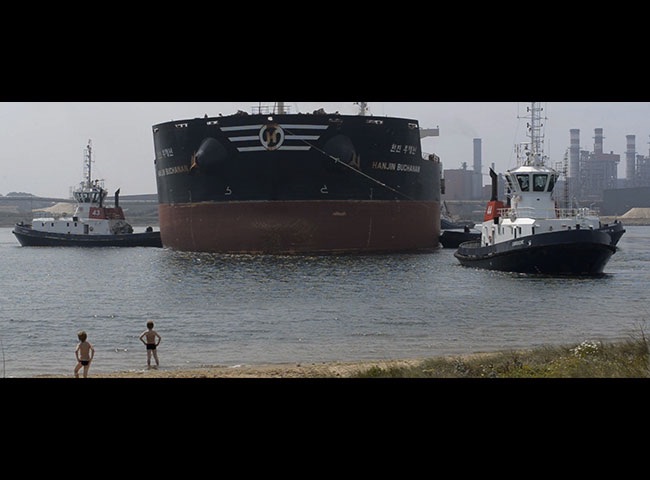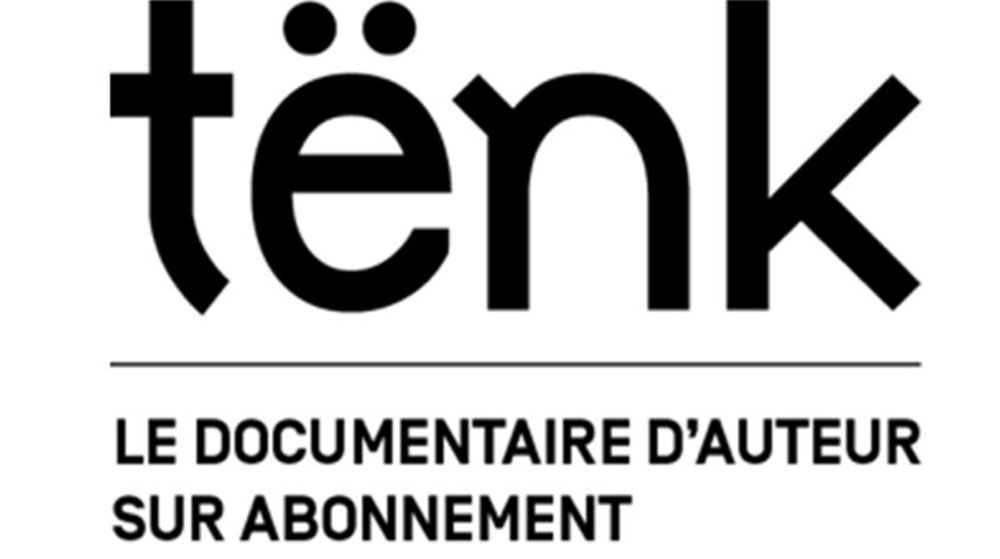Souvenirs de la Géhenne
-
Réalisé par Thomas Jenkoe • Écrit par Thomas Jenkoe
-
France • 2015 • 56 minutes • HD • Couleur
- Réalisation :
Thomas Jenkoe - Écriture :
Thomas Jenkoe - Image :
Thomas Jenkoe - Son :
Pierre Bompy - Montage :
Guillaume Massart
- Production (structure) :
Triptyque Films - Diffuseur :
Cinaps TV - Participation :
Scam - Brouillon d'un rêve, CNC, CNC. Fonds Images de la diversité, Ministère de la Culture et de la Communication, Conseil général de la Seine-Saint-Denis, Procirep, Angoa-Agicoa, Région Aquitaine, CNC. Aide à l'édition DVD - Ayant droit :
Triptyque Films
- N° ISAN :
ISAN 0000-0003-43AA-0000-R-0000-0000-U
Résumé
"Dix ans après le meurtre raciste d’un jeune Maghrébin par un quadragénaire du cru, Thomas Jenkoe revient à la Grande-Synthe, dans le Nord, où il a grandi et où le Front National remporte d’importantes victoires électorales. Lisant en voix off des déclarations issues du dossier d’instruction qu’il a pu lire à titre exceptionnel, il entrelace d’impressionnants plans du paysage urbain avec des témoignages recueillis sur place, récits, rumeurs, commentaires. Le tressage se fait de plus en plus serré, et ce qui n’apparaissait au premier abord que comme des traits architecturaux participe à la dramaturgie infernale de la "Géhenne". Rarement le fait divers aura été ainsi creusé, autant du côté du parcours de vie de la personnalité borderline du tueur que de la prise de vues diurne et nocturne d’une ville "ceinte" par un immense complexe industrialo-sidérurgique (ArcelorMittal, une ville cachée dans la ville). Entre une beauté apocalyptique amplifiée par le Scope et un urbanisme mal pensé, le paysage ne fait cependant pas l’objet d’un discours. S’ils font écho au processus d’amalgame qui conduit à l’irréparable, le montage et le mixage mettent ici en tension des échelles, restituant cinématographiquement un malaise contemporain qui dépasse de loin les frontières de la Grande-Synthe."
(Charlotte Garson)
"Ten years after the racist homicide of a young North Afri- can by a local forty-year-old, Thomas Jenkoe returns to Grande-Synthe in Northern France, where he grew up and where the Front National are enjoying considerable success in the elections. With a voice-over reading statements from the case file that he was exceptionally allowed to access, he interlaces impressive shots of the urban landscape and on-the-spot testimonies, stories, rumours, comments. The weave becomes tighter and tighter and what first appear to be no more than architectural features help to construct the diabolical dramaturgy of “Gehenna”. Rarely has a news item been so deeply explored both from the angle of the killer’s back- ground and borderline personality and the day- time and night-time filming of a town “hemmed in” by an immense metallurgical industrial complex (ArcelorMittal, a town hidden within the town). Caught between the apocalyptic beauty enhanced by the wide-screen format and poorly designed town planning, the landscape is not how- ever the subject of discourse. While the editing and sound echo the amalgamation that results in irreparable damage, they create a tension between scales, which cinematographically recreates a con- temporary malaise extending far beyond the boundary of Grande-Synthe."
(Charlotte Garson)
À propos du film
Sélections et distinctions
- 2016 • International Film Festival Rotterdam (IFFR) • Rotterdam (Pays-Bas) • Sélection
- 2015 • Côté Court - Festival du film court de Pantin • Pantin (France) • Sélection
- 2015 • Jihlava International Documentary Film Festival • Jihlava (République tchèque) • Sélection
- 2015 • Festival du Cinéma de Brive - Rencontres du moyen métrage • Brive (France) • Compétition Européenne
- 2015 • Cinéma du réel • Paris (France) • Compétition Française - Prix de l’Institut français–Louis Marcorelles
Comment avoir accès au film ?




